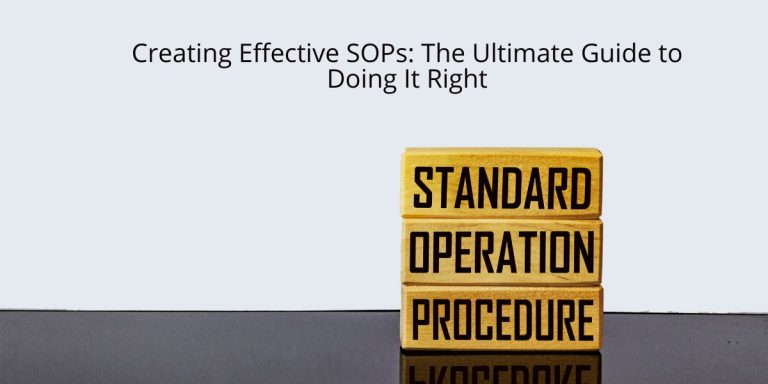Importance of Process Management in Project Management
As the complexity of projects grows, so does the need for effective process management. Process management is the systematic approach to defining, documenting, analyzing, and improving the processes that are used to achieve a particular goal. In project management, process management plays a vital role in ensuring that projects are completed on time, within budget, and with the desired level of quality. This article will discuss the importance of process management in project management and explore some of the key benefits that it can provide.
What is Process Management?
Process management is the practice of defining, documenting, analyzing, and improving the processes used in an organization to achieve specific objectives. It is a continuous and ongoing process that involves identifying process bottlenecks and inefficiencies, analyzing and optimizing workflows, and documenting procedures and policies. In project management, process management is critical to ensuring that projects are completed efficiently and effectively.
The Role of Process Management in Project Management
Effective process management is essential in project management because it helps to ensure that projects are completed on time, within budget, and with the desired level of quality. Process management provides project managers with a structured approach to managing projects, which helps to ensure that all project activities are properly planned, executed, and monitored.
Key Benefits of Process Management in Project Management
1. Increased Efficiency
Process management can help to increase project efficiency by identifying process bottlenecks and inefficiencies. By optimizing workflows and eliminating unnecessary steps, process management can help to reduce project timelines and improve resource utilization.
2. Improved Quality
Process management can help to improve project quality by identifying and addressing quality issues early in the project lifecycle. By implementing quality control measures and monitoring project activities, process management can help to ensure that project deliverables meet the desired level of quality.
3. Better Risk Management
Process management can help to mitigate project risks by identifying potential risks and developing contingency plans. By analyzing project risks and implementing risk management strategies, process management can help to minimize project disruptions and delays.
4. More Accurate Budgeting and Resource Allocation
Process management can help to improve budgeting and resource allocation by providing project managers with a clear understanding of project requirements and resource needs. By identifying and documenting project activities and resource requirements, process management can help to ensure that projects are completed within budget and with the required resources.
5. Improved Communication and Collaboration
Process management can help to improve communication and collaboration among project team members by defining clear roles and responsibilities and establishing effective communication channels. By documenting project procedures and policies, process management can help to ensure that all team members are aware of project goals, timelines, and deliverables.
Conclusion
Process management plays a vital role in project management by providing project managers with a structured approach to managing projects. By identifying and addressing process bottlenecks and inefficiencies, process management can help to increase project efficiency, improve quality, mitigate project risks, and improve communication and collaboration among project team members. Effective process management can help to ensure that projects are completed on time, within budget, and with the desired level of quality.
FAQs
- What is process management? Process management is the practice of defining, documenting, analyzing, and improving the processes used in an organization to achieve specific objectives.
- What is the role of process management in project management? Process management is critical to ensuring that projects are completed efficiently and effectively. It provides project managers with a structured approach to managing projects, which helps to ensure that all project activities are properly planned, executed, and monitored.
- What are the key benefits of process management in project management? The key benefits of process management in project management include increased efficiency, improved quality, better risk management, more accurate budgeting and resource allocation, and improved communication and collaboration.
- How can process management improve project efficiency? Process management can improve project efficiency by identifying process bottlenecks and inefficiencies, optimizing workflows, and eliminating unnecessary steps.
- What is the relationship between process management and project quality? Process management can help to improve project quality by identifying and addressing quality issues early in the project lifecycle, implementing quality control measures, and monitoring project activities.

